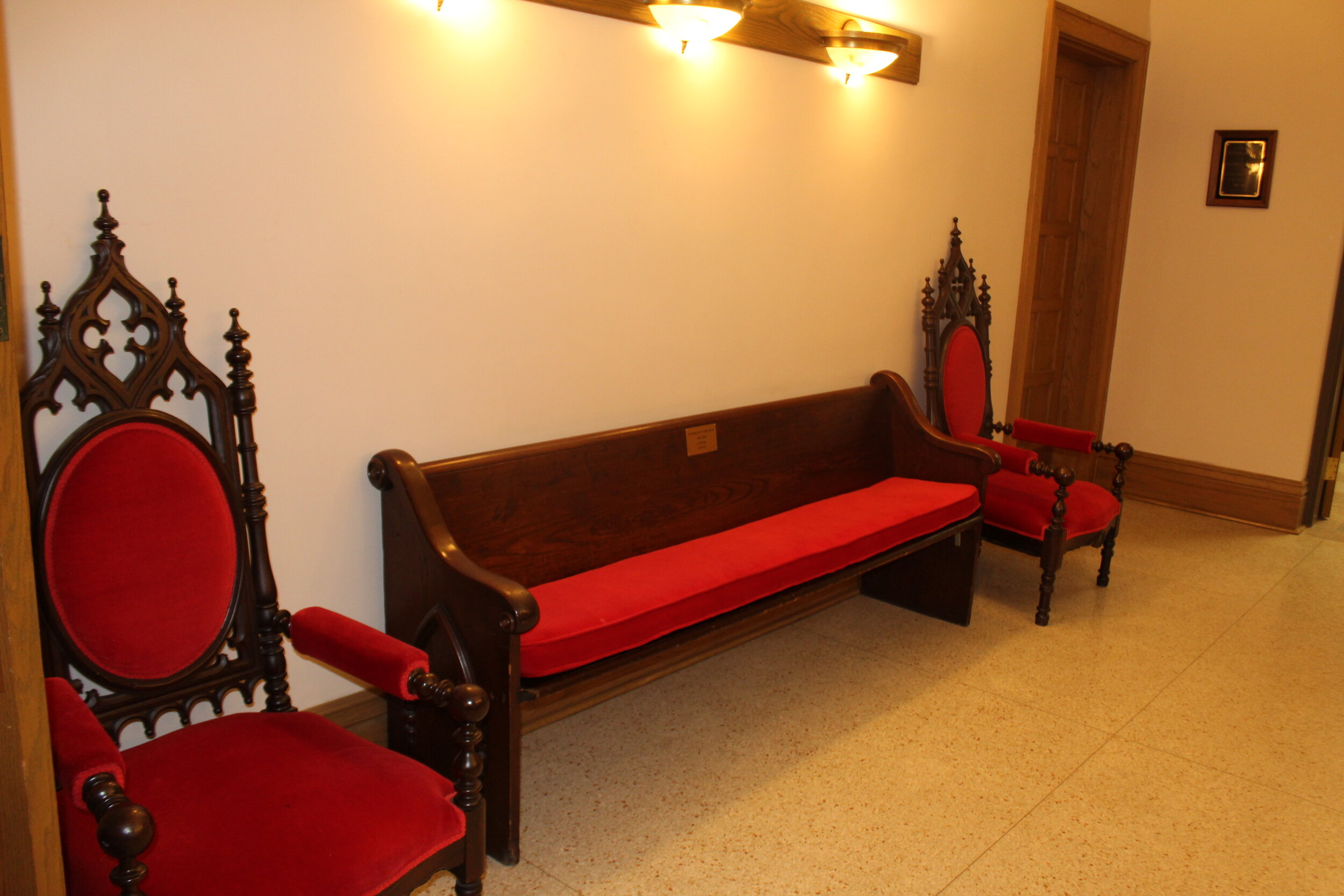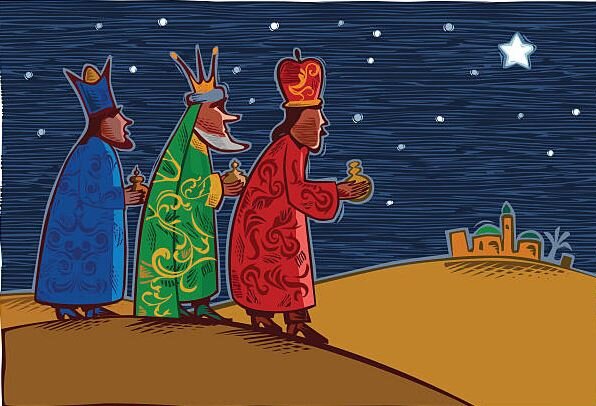
Special Services
From the Anglo Saxon, the term “worship” means to pay someone what is their due. Today, it refers to the paying of divine honor to God. It is both a verb and a noun, used to translate the Latin verb adorare and the noun cultus and their equivalents in other languages. Christian worship, both individual and corporate, is offered through and in the name of Jesus Christ.
Healing Services
A litany is an intercessory prayer including various petitions that are said by the leader and fixed responses by the congregation. It was used as early as the fifth century in Rome. It was led by a deacon, with the collects led by a bishop or priest. The litany was the first English language rite that was prepared by Archbishop of Canterbury Thomas Cranmer (1489-1556). It was first published in 1544. At various times throughout the year, the Daughters of the King hold a Public Service of Healing in the Trinity chapel following the 10:00 AM celebration of the Holy Eucharist. The service begins with this collect: “O God of peace, you have taught us that in returning and rest we shall be saved, in quietness and confidence shall be our strength: By the might of your Spirit lift us, we pray, to your presence, where we may be still and know that you are God; through Jesus Christ our Lord, who with you and the Holy Spirit lives and reigns, one God, for ever and ever.” The service continues with a litany of healing. Thereafter, all those who wish to receive the laying on of hands and anointing are invited to come forward. Anointing is the sacramental use of oil as an outward sign of God’s active presence for healing, initiation, or ordination. The practice of anointing persons with oil consecrated annually by bishops has long been a feature of Christian practice. The New Testament refers to the use of oil for healing purposes. In the Gospel According to Mark, Christ calls his twelve disciples together and sends them out in pairs to expand his mission of healing. “They cast out many demons, and anointed with oil many who were sick and cured them” (Mark 6:13). The Letter of James asks, “Are any among you sick? They should call for the elders of the church and have them pray over them, anointing them with oil in the name of the Lord” (James 5:14).A Public Service of Healing is found in the Book of Occasional Services, a collection of optional services and texts prepared by the Standing Liturgical Commission in response to a directive from the 1976 General Convention, the governing body of The Episcopal Church. The services and texts of the book are available for occasional pastoral and liturgical needs of congregations.
Epiphany Evening Prayer
The name “Epiphany” is derived from a Greek word meaning “manifestation” or appearing.” Anglican Prayer Books interpret the word with an alternative title, “The Manifestation of Christ to the Gentiles.” A Christian observance on January 6 is found as early as the end of the second century in Egypt. The feast combined commemorations of the visit of the Magi, led by the star of Bethlehem; the Baptism of the Jesus in the waters of the River Jordan; and Jesus’ first recorded miracle, the changing of water into wine at the marriage of Cana of Galilee – all thought of as manifestations of the incarnate Lord.
Join us for Evening Prayer on the Feast of the Epiphany of Our Lord Jesus Christ, when we will pray:
O God, by the leading of a star you manifested your only Son to the peoples of the earth: Lead us, who know you now by faith, to your presence, where we may see your glory face to face; through Jesus Christ our Lord, who lives and reigns with you and the Holy Spirit, one God, now and for ever.

WORSHIP THE LORD IN THE BEAUTY OF HOLINESS; LET THE WHOLE EARTH TREMBLE BEFORE HIM. - PSALM 96:9

